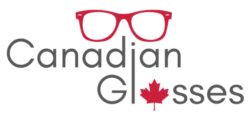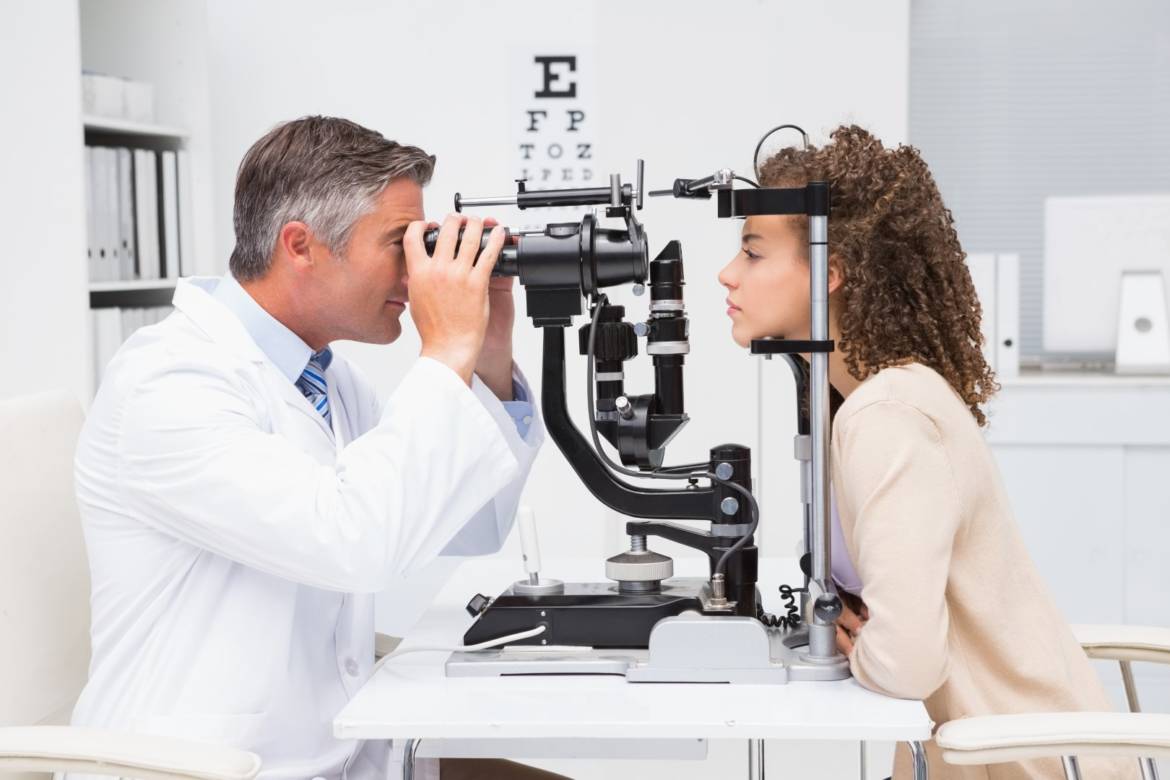The Importance of Regular Eye Exams
As someone who wears eyeglasses or contact lenses, you probably know how important it is to have clear and comfortable vision. But did you know that getting regular eye exams is just as important? Here’s why:
Your prescription can change without you knowing it.
Even if you don’t notice any changes in your vision, your prescription can change over time. This can lead to discomfort, headaches, and even accidents. Regular eye exams can catch these changes early and ensure that your eyeglasses or contact lenses are always up to date.
Eye exams can detect other health issues.
Eye exams are not just about checking your vision. They can also detect other health issues, such as high blood pressure, diabetes, and even certain types of cancer. By getting regular eye exams, you can catch these issues early and get the treatment you need.
Contact lens wearers are at higher risk of eye infections.
If you wear contact lenses, you are at a higher risk of eye infections than those who wear eyeglasses. Regular eye exams can help detect any signs of infection or other issues related to contact lens wear, such as dry eyes or corneal abrasions.
How often should you get your eyes checked?
The Canadian Association of Optometrists recommends that adults get a comprehensive eye exam at least every two years, and more frequently if you wear eyeglasses or contact lenses, have a family history of eye disease, or have a medical condition that affects your eyes.
Regular eye exams are crucial for those who wear eyeglasses or contact lenses. Not only can they detect changes in your prescription and ensure that your vision is clear and comfortable, but they can also detect other health issues and reduce your risk of eye infections. Make sure to get your eyes checked regularly to protect your vision and overall health.
Frequently Asked Questions:
Q: Do I need to get my eyes dilated during an eye exam?
A: It depends on the type of exam you are getting and your individual needs. Dilation allows your eye doctor to get a better view of the back of your eye and can help detect certain eye diseases. However, dilation can make your eyes sensitive to light and blur your vision for several hours afterwards.
Q: Can I wear my contact lenses during an eye exam?
A: Contact lenses should be removed before an eye exam. Contact lenses can change the shape of your cornea, which can affect your prescription and make it harder for your eye doctor to get an accurate reading.
Q: Does OHIP cover the cost of eye exams in Ontario?
A: OHIP (Ontario Health Insurance Plan) covers eye exams for children up to age 19 and seniors aged 65 and over. If you have a medical condition that affects your eyes, such as diabetes or glaucoma, OHIP may also cover the cost of your eye exams. You will need a referral from your family doctor or specialist in order to be eligible for OHIP coverage.
Q: Will my insurance cover the cost of an eye exam?
A: It depends on your insurance plan. While most plans cover the cost of a comprehensive eye exam, some others may not or may only cover exams for specific medical conditions. Check with your insurance provider to see what your plan covers.

